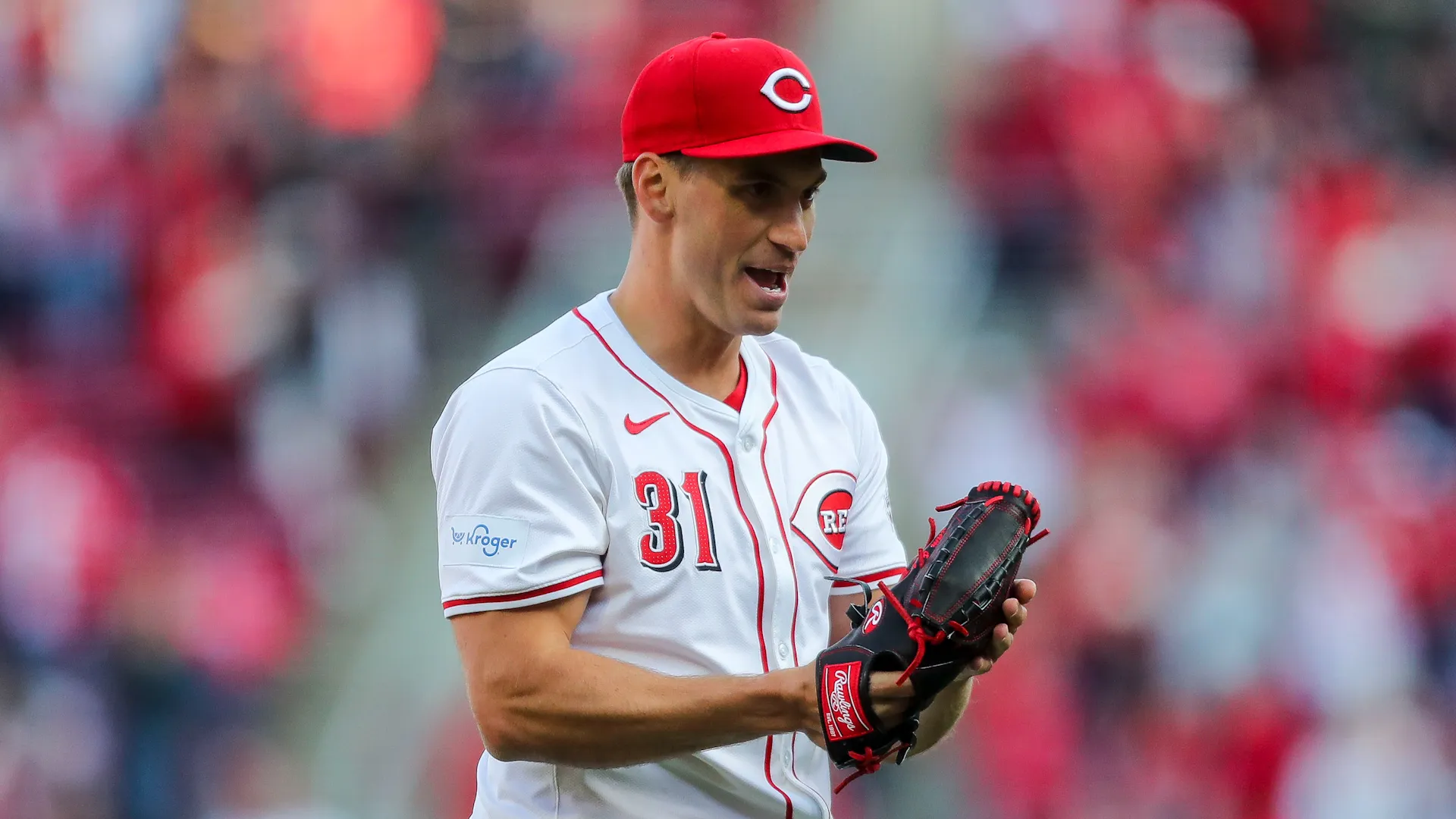Aroldis Chapman lost the press conference, which won’t matter if the Cubs win the World Series. That’s the calculated decision chairman Tom Ricketts, team president Theo Epstein and their inner circle made in trading for the 105-mph closer from the New York Yankees.
But Chapman’s lost-in-translation introduction to the Chicago media (and, by extension, the fans) should force the Cubs – and anyone covering the team – to reassess that system-wide failure.
“It’s over with,” Chapman said through a different translator – catcher Miguel Montero – after finishing off the White Sox during Wednesday night’s 8-1 victory at Wrigley Field. “I just got to move on.”
This isn’t diminishing the seriousness of the allegations Chapman faced after a domestic dispute in South Florida last October, leading to a 30-game suspension to start this season. Or completely falling for the sleepy/nervous defense presented after Chapman – under repeated questioning – said he had no recollection of the off-the-field expectations Ricketts outlined during that phone call the Cubs absolutely needed before closing the deal with the Yankees.
Major League Baseball required all teams to hire a Spanish-language translator this season, and the Cubs deployed quality-assurance coach Henry Blanco, a widely respected former big-league catcher who doesn’t have any real experience handling such a sensitive media session. This wasn’t asking Jorge Soler about a hamstring injury or a game-winning home run. Chapman’s agent, Barry Praver, watched the entire scene unfold in the visiting dugout on Tuesday afternoon before a crosstown game at U.S. Cellular Field.
ESPN’s Pedro Gomez – who asked the only question in Spanish during the group scrum – then got a one-on-one interview with Chapman that yielded more insight into the player and the conversation with ownership.
“I really don’t know what happened there,” Montero said. “Whether it was miscommunication (or he was) misunderstood, I don’t know.
MLB
“That’s already over. We got to move in a different direction. Whatever happened yesterday, we just want to be on the positive side and move forward.”
Ricketts – who released a statement when the trade became official on Monday afternoon and appeared on the team’s flagship radio station (WSCR-AM 670) on Tuesday morning – declined to comment when approached by reporters on Wednesday during batting practice: “I think we’ve said enough this week.”
At a time when newspapers are diminished and the media business is splintering, there simply aren’t enough Spanish speakers within the Baseball Writers’ Association of America. Chapman – an All-Star performer who is 28 years old and has been in the big leagues since 2010 – doesn’t speak much English and grew up within a society that most of us will never understand.
Even for native speakers and proficient translators, there are linguistics variations in Spanish and wide cultural gaps among those born in Cuba (Chapman and Soler), Venezuela (Blanco and Montero) and the Dominican Republic. There are also fundamental personality differences, with Chapman being described as an observer, quiet and withdrawn during his time with the Cincinnati Reds.
While the talkative Montero, 33, didn’t know any English when he signed with the Arizona Diamondbacks as a teenager, he picked up enough of the language to become a translator for teammates by the end of his rookie-ball season in Missoula, Montana.
“I just kept on practicing, asking questions,” Montero said. “I remember people laughing about my accent or whatever. And I never really cared. That’s what a lot of Latin guys get intimidated by, because they don’t want people to make fun of them. That’s why they get intimidated. That’s why they don’t learn.
“That wasn’t my problem. I didn’t care if you laughed. I didn’t care about any of that, because this is not my language, you know? It’s something that I (was) learning and I became fairly good. Good enough.”
That’s why Montero can understand MLB’s directive to hire translators – and still see the limitations.
“It’s OK,” Montero said. “But on the other hand, I feel like it’s important for us to learn the language. Not only as a player, but when your career’s over, you’re bilingual. You can actually use it for different areas (of your life) later on.
“That was my biggest goal. If I didn’t make it to the big leagues, at least I’m going to be bilingual, and I can do something because it’s productive for any other job.”
Chapman has one job between here and October – to win the franchise’s first World Series in more than a century – and that success or failure is how he will ultimately be remembered in Chicago.


